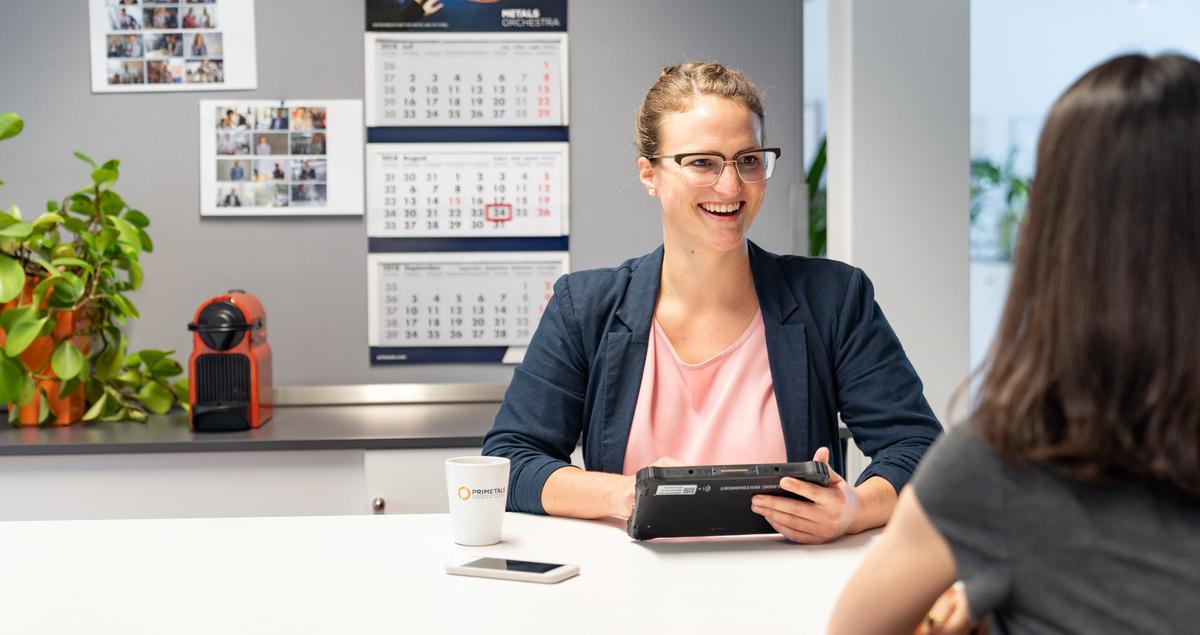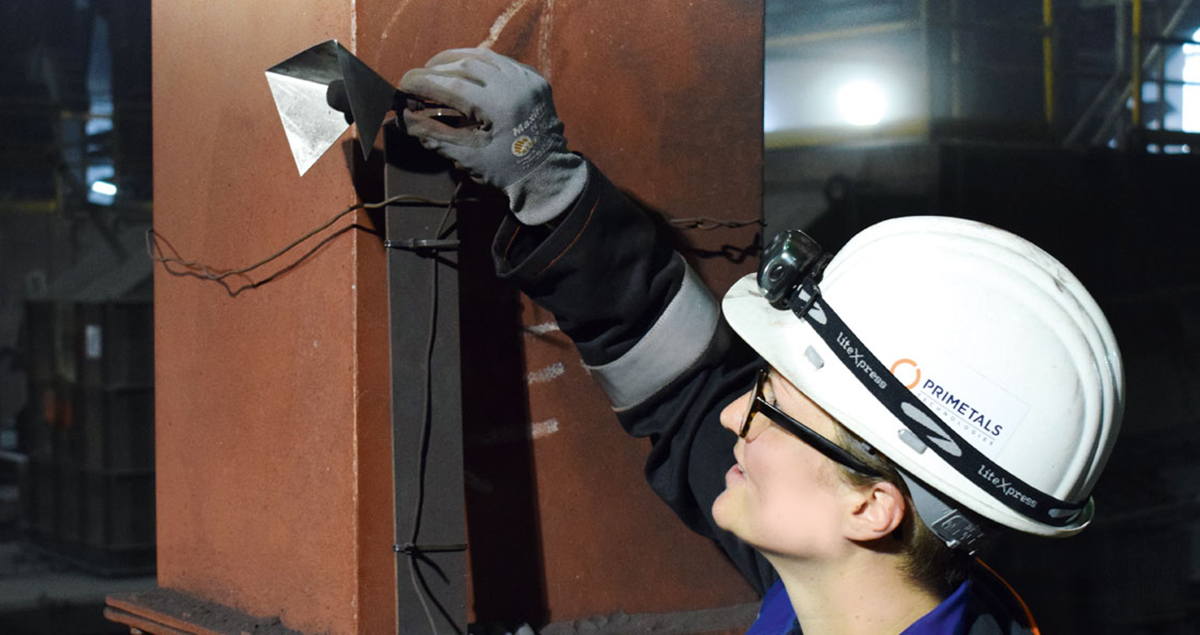Young engineers: Use inexperience − it can be an asset

It makes sense when people say experience counts, but when it comes to finding new solutions, inexperience can be a valuable asset. Not being influenced by conventional thinking allowed me the freedom to think differently and question the what, why and how of things.
I became both an engineer and inventor by accident – after all, these are vastly different occupations from my childhood dream of pursuing a career as a kindergarten teacher. Despite completing a college course to teach nursery children, I soon switched to focus on teaching math and physics, following my father, uncles, sister, brother and cousins, who all work in technical fields. I believe my family’s technical aptitude has been passed down from my grandmother, my namesake, who loved math but, like most women of her time, had little opportunity to use her gifts due to circumstances back then.
It was a tough decision to leave teaching and pursue my fast-growing passion for math. But with some guidance from a university professor, my education took another twist and I graduated university with a degree in engineering. That’s why I don’t believe in making career plans, I think it is important to follow your curiosity, apply yourself and take full advantage of the new opportunities this outlook creates. I was as surprised as anyone when I started work as an engineer, securing a research and development position with Mitsubishi Heavy Industries (MHI) Group company Primetals Technologies, based in the city of Linz in my native Austria.
I realized my inexperience could be an advantage. Being a newcomer that had taken a non-traditional path into engineering left me free to ask “stupid” questions: things that were obvious to more experienced members of the team with more conventional engineering backgrounds. The people surrounding me were passionate about their work and were happy − once I had built up the courage − to let me question them and learn from them.

The team spirit was infectious. My questions were not perceived as stupid by colleagues; instead, they helped me look at problems from a different perspective and consider new approaches to overcoming challenges. That’s how I became an inventor.
Most inventions begin with a problem that requires a solution. At Primetals Technologies, when we invent something new in the industry, we talk about it, discuss the problem and possible ways to address it. It’s a team effort and this is reflected in patent applications for the team’s ideas, regardless of who originally suggested them. Asking unusual questions helped me develop an inventor’s mind, one that is unconstrained by standard ways of approaching problems.
My advice to young engineers is to use your inexperience to look at challenges with fresh eyes, and help to influence new thoughts, processes and ideas. While my colleagues had more technical knowhow, I added value to the invention process by helping them think in new and unusual ways. Over time, my technical knowledge has increased in line with my contribution to new patents, but I still get a thrill seeing my name recorded as the “inventor” on a Patent Office notice for new applications. But now I am the one answering junior colleagues’ questions, while learning from them in turn.

I now lead research and development for Primetals’ Acoustic Expert system, creating “audio fingerprints” to help detect common errors in steel plant equipment and processes. Microphones record the sounds of each stage of steel production at intervals, which is combined with operating data harvested by IoT-connected sensors. The system analyzes both sound and data streams, to identify correct and incorrect sounds of materials and processes.
This was just a small prototype project when I joined the company. But the digital revolution has opened up a world of possibilities, putting unprecedented data collection and computer power at our fingertips to develop pioneering solutions like this. From an inexperienced engineer asking question after question, I am now the expert for this system.
And when I visit my 92-year-old grandmother who, as a farmer, wasn’t able to apply her mathematical skills, I like to talk with her about my work. I introduced her to the whole steel production supply chain and so on.
“You go to Japan and make a new project?” she asks.
“Yes, Oma, yes.”
“You alone?”
“Yes. I’m the expert on this system.”
“You must be very, very clever.”
Her joy spurs me on to find new innovations or new inventions that we can talk about on my next visit.
Read more advice for young engineers





